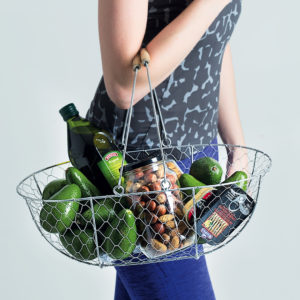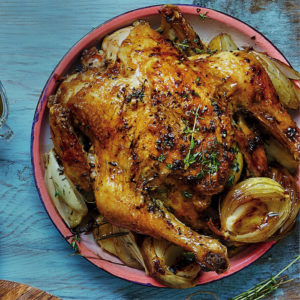Dietitian Alpha Rasekhala has worked with the South African Department of Health, conducting nutritional assessments at hospitals, prisons and other facilities across South Africa and developing food-service management guidelines. His consulting firm works with government and corporate clients and he treats individuals in Joburg. He is a spokesperson for the Association for Dietetics in South Africa (ADSA). And we are chatting to him about salt this week.
By Lauren Shapiro
TAKING RESPONSIBILITY
Think savoury snacks and fast foods are the only culprits when it comes to overdoing the salt? Think again – we are our own worst enemies. As much as 40% of the total salt South Africans consume is added during cooking and eating. This is one of the highest rates of discretionary salt use in the world (compared to 10% in the US).
WE NEED SALT: TRUE OR FALSE?
True. Salt plays an essential role in normal cell function. However, you can have too much of a good thing, and we consume far too much salt.
HOW MUCH IS TOO MUCH?
The recommended daily allowance of salt is five grams (about one teaspoon), but most of us eat two to three times that amount. We eat too many takeaways and too much processed food, and then we add even more salt at the table.
HEALTH RISKS
Excessive salt consumption – more than a teaspoon a day – is linked to fluid retention and hypertension (high blood pressure). Six million South Africans, or one in three adults, are hypertensive. And, it is estimated that more than 50% of them remain undiagnosed. High salt intake raises your chances of heart attack, stroke and kidney disease.
IODISED: ENRICHED WITH IODINE
In SA, iodine is added to salt so people will have enough of this essential element in their diets. It is needed for brain development in foetuses and children, and for optimal mental function in general.
GET SALT SMART
1. Read product labels and choose foods with a low salt content.
2. Banish the salt shaker from your table.
3. Use herbs such as rosemary, thyme or tarragon to flavour food when cooking.
4. Limit salty snacks. Choose fresh fruit, raw nuts or yoghurt.
5. Eat fewer processed foods, these are often high in salt.




